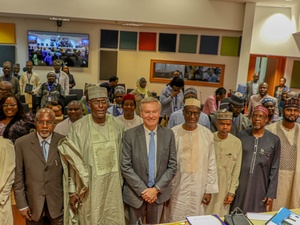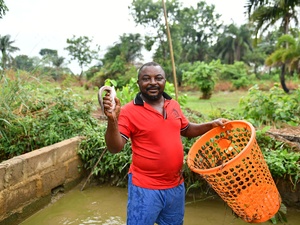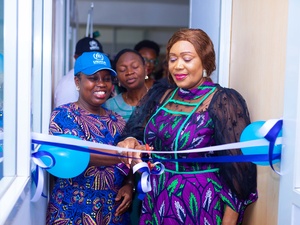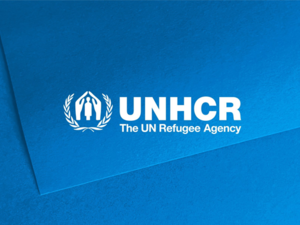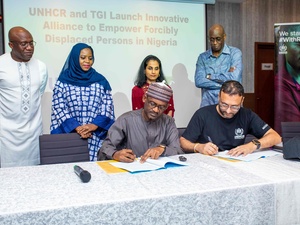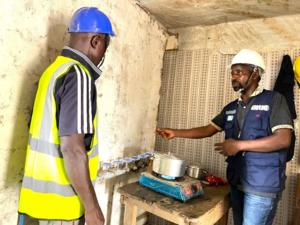UNHCR, Nigerian Rights Commission trains Soldiers on Human Rights and Civilian Protection
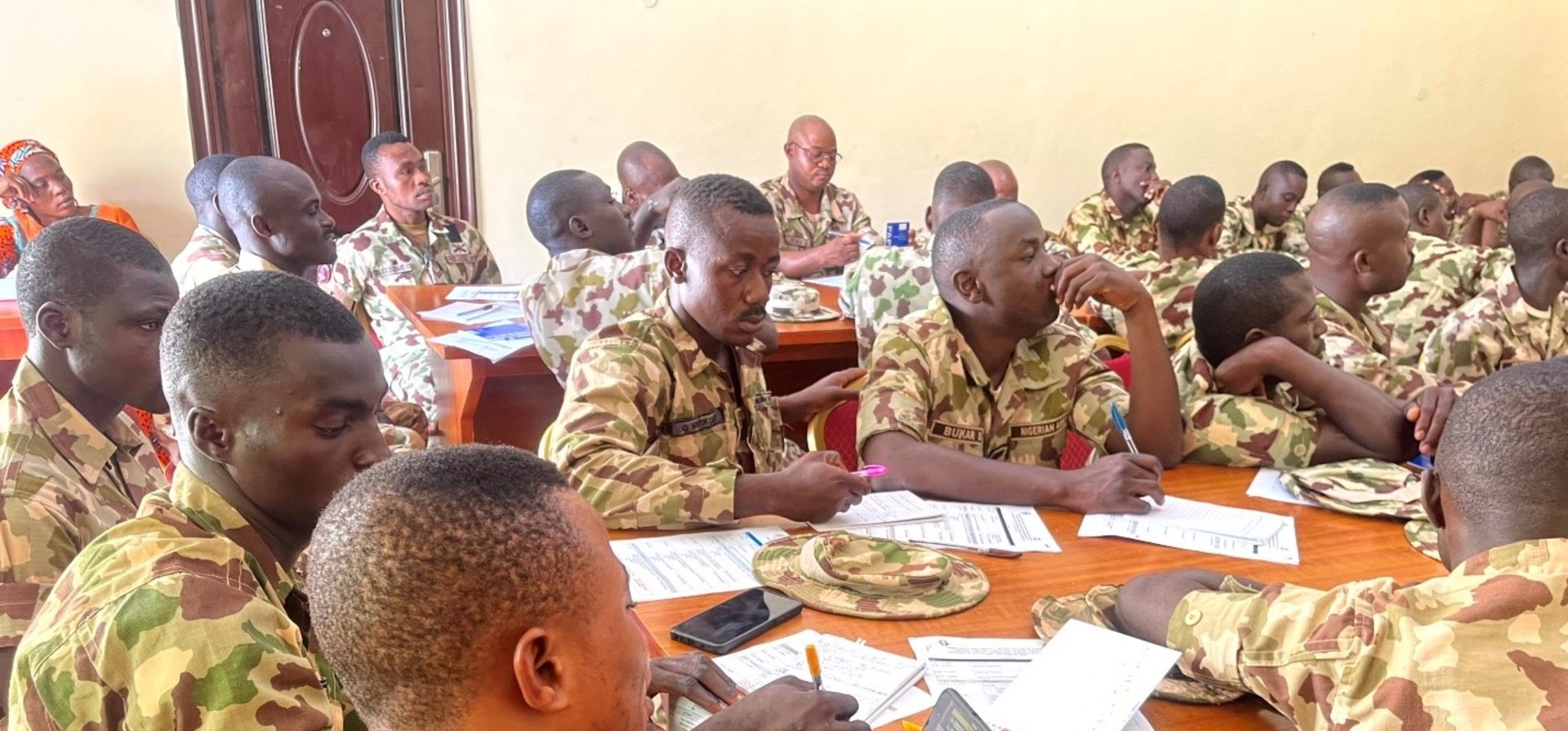
UNHCR, Nigerian Rights Commission trains Soldiers on Human Rights and Civilian Protection
The United Nations High Commissioner for Refugees (UNHCR) and the Nigerian National Human Rights Commission (NHRC) conducted a two-day training program in Maiduguri, the capital of Borno State, to develop the capacity of over forty Nigerian security personnel on the importance of integrating human rights and safeguarding the civilian population while combating Non-State Armed Groups (NSAGs) as part of their ongoing efforts to combat insurgency in North-East Nigeria. The training, which took place on August 23-24, 2023, aimed at ensuring that the participants were better equipped to protect the rights of civilians.
“The asymmetric nature of the conflict complicates the war against insurgency,” said Chief Tony Ojukwu, NHRC Executive Secretary. “The insurgents live within us, and there is hardly a clearly drawn battleline between the insurgents and the civilian population,” he added.
He emphasised the importance of conducting operations to earn the trust and support of the civilian population. This underscores the vital need to uphold human rights and ensure the safety of civilians, especially during counter-insurgency activities.
The NHRC Executive Secretary used the occasion to acknowledge UNHCR, the UN Refugee Agency, for its partnership and support for the training and encouraged the trainees not only to engage in the training sessions actively and discussions but also to put the knowledge gained from the training into use by ensuring the protection of civilians and respect for human rights in their daily operations.
Mr. Ramsey Bryant, Senior Protection Sector Coordinator at UNHCR, emphasised the importance of the close relationship between protection provided by humanitarian organisations and security, which is the responsibility of security personnel, such as the military. He noted that the training would focus on these two intertwined aspects.
“Security is the preservation of lives, but when you are not alive, how do you live a fulfilled life? How does your life become meaningful? That is where protecting your human rights comes into play,” Ramsey noted.
He described the crisis in the North-East as a protection crisis, emphasising that the civilian population bear the brunt of it. He added that in some LGAs where the civilian population are, the relevant law enforcement bodies of the government are not fully functioning, and the military is relied on for law enforcement and ensuring that lawlessness is controlled.
“We know that most often, non-state armed groups perpetrate human rights violations, but we also know that in some areas, they are committed by the military at the undergo counter-insurgency activities,” he stated, adding, “This is not unique to Nigeria; it happens globally during conflicts as civilians become victims of insurgency and counter-insurgency measures.”
Mr. Bryant emphasised that military counter-insurgency operations often lead to people being displaced from their homes. When they move to unfamiliar places, protection and human rights issues often arise. The training aimed to identify ways the military and the humanitarian community can address these issues when they arise. Mr. Bryant urged participants to work with the humanitarian community to find solutions to the rights and protection challenges civilians face.

Lt. Col. Johnson Akinola Dada salutes UNHCR and NHRC for enabling security personnel to upgrade their civilian and human rights protection knowledge.
Speaking on behalf of the trainees, Lt. Col. Johnson Akinola Dada, Ag. Deputy Chief of Staff, Civil–Military Relations of the 7 Division Headquarters in Maiduguri, thanked the training organisers for the opportunity to enhance their knowledge about civilian protection and mainstreaming human rights. He called on his fellow participants to apply whatever they learned in the field.
Trainers from UNHCR, NHRC, UNICEF and others presented on various thematic areas. Topics included UNHCR’s mandate and the humanitarian situation in the northeast, gender-based violence (GBV) and conflict-related sexual violence, child protection in conflict situations, protection of civilians in armed conflicts, guiding principles on internal displacement, the definition of human rights and their legal framework at various levels, mainstreaming human rights into law enforcement during counter-insurgency operations, and standards of detention in armed conflict.
In the past, UNHCR has facilitated capacity development initiatives for various groups of security personnel across the North-East. Despite these efforts, there have been ongoing reports of human rights challenges, particularly during counter-insurgency operations in remote communities. Recognising the importance of addressing these challenges, this training was organised for soldiers and officers, often on the frontlines. The participants demonstrated a keen interest in the subject, as evidenced by their curious questions during the session.


